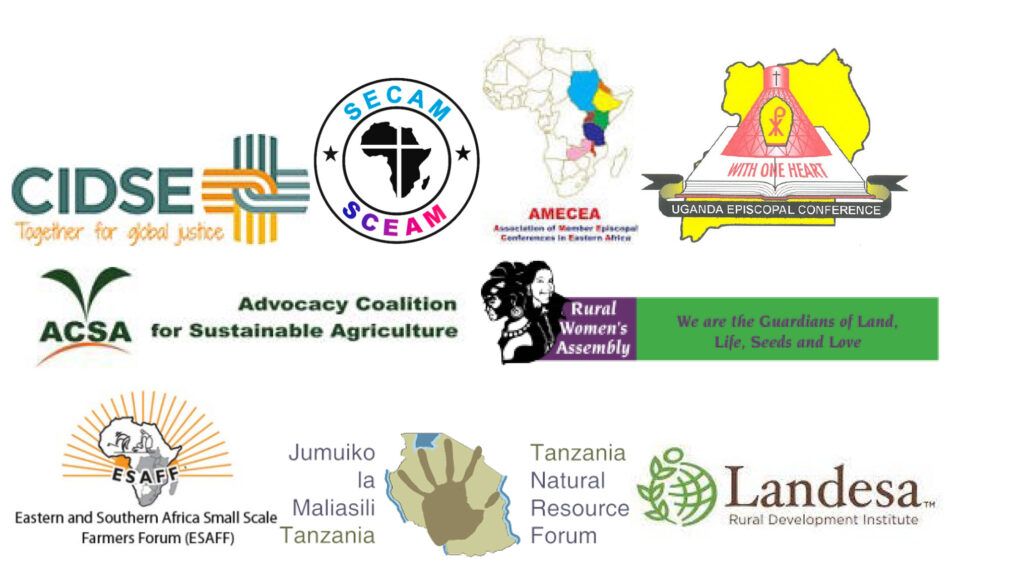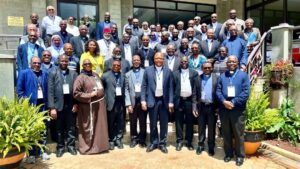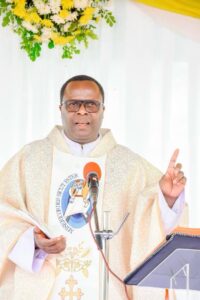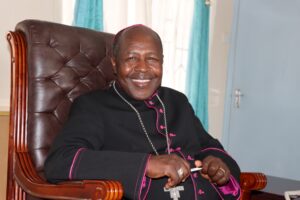AMECEA’s Integral Human Department among Civil Societies to Advocate for Women’s Land Rights

Sr. Jecinter Antoinette Okoth, FSSA
At a workshop to be held in Kampala, Uganda from 24-28 July, civil societies from across Africa including the Integral Human Department from the Association of Member Episcopal Conferences in Eastern Africa (AMECEA) are set to lobby for women in the society on issues of land and gender rights.
The workshop themed ‘Learning and consultative workshop for Catholic actors in East Africa to support advocacy for women’s land rights’ aim to assess the current status of various Catholic Church institutions on experiences, and challenges relating to gender and land rights in the Eastern African region.
The workshop will further identify capacity needs and gaps of the Catholic church actors and devise the necessary strategies at both national and sub-regional level and at the same time lay the foundation for connecting and networking among Catholic actors and non-church actors involved in the advocacy for women’s land rights.
Prior to the workshop, Coordinator for the department of Promoting Integral Human Development (PIHD) at AMECEA, Fr. Paul Mung’athia Igweta revealed that the 2030 agenda for Sustainable Development Goals (SDGs) promotes gender equality which should be human right that benefits all including girls and women.
He emphasized further that the SDG on life on land aims to restore, protect and promote sustainable use of terrestrial ecosystems, sustainably manage forests, combat desertification, reverse land degradation and halt biodiversity.
The workshop that is anticipated to have about 50 participants from across the continent comprises of various civil societies including AMECEA, Symposium of Episcopal Conferences in Africa and Madagascar (SECAM), International Cooperation for Development and Solidarity (CIDSE), Uganda Episcopal Conference (UEC), Advocacy Coalition for Sustainable Agriculture (ACSA), Rural Women’s Assembly, Eastern and Southern Africa Small Scale Farmers Forum (ESAFF), Tanzania Natural Resource Forum and Landesa Rural Development Institute.


